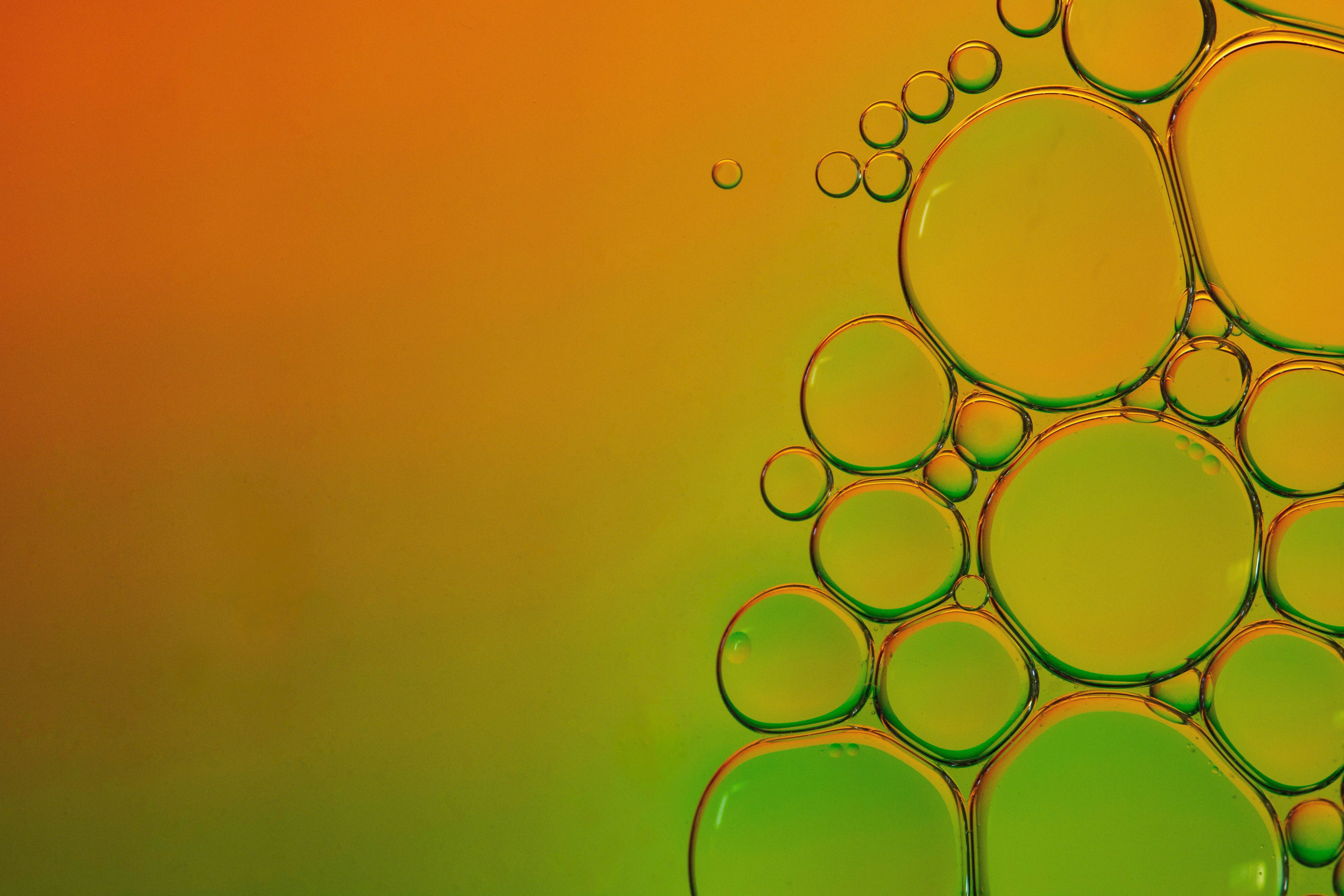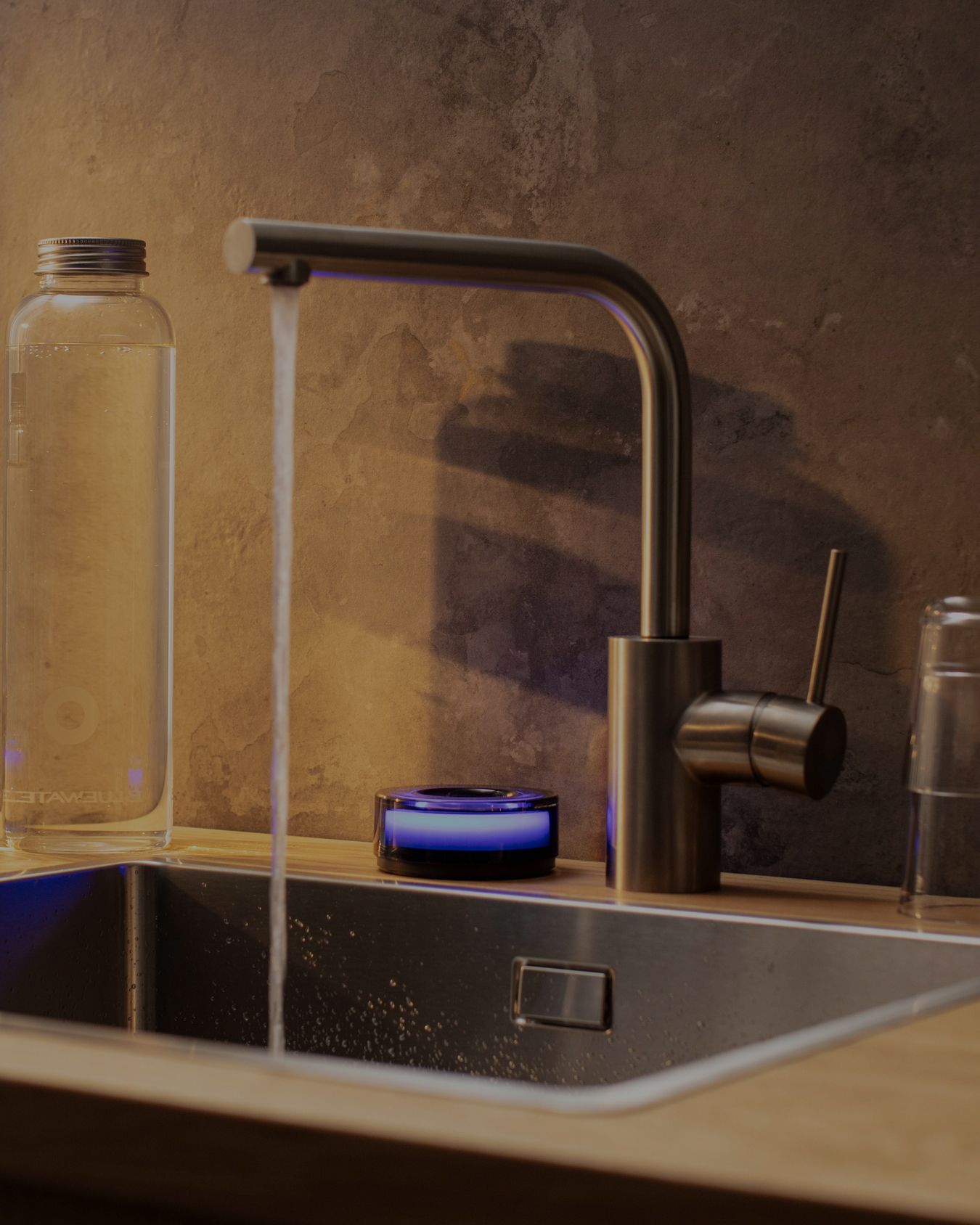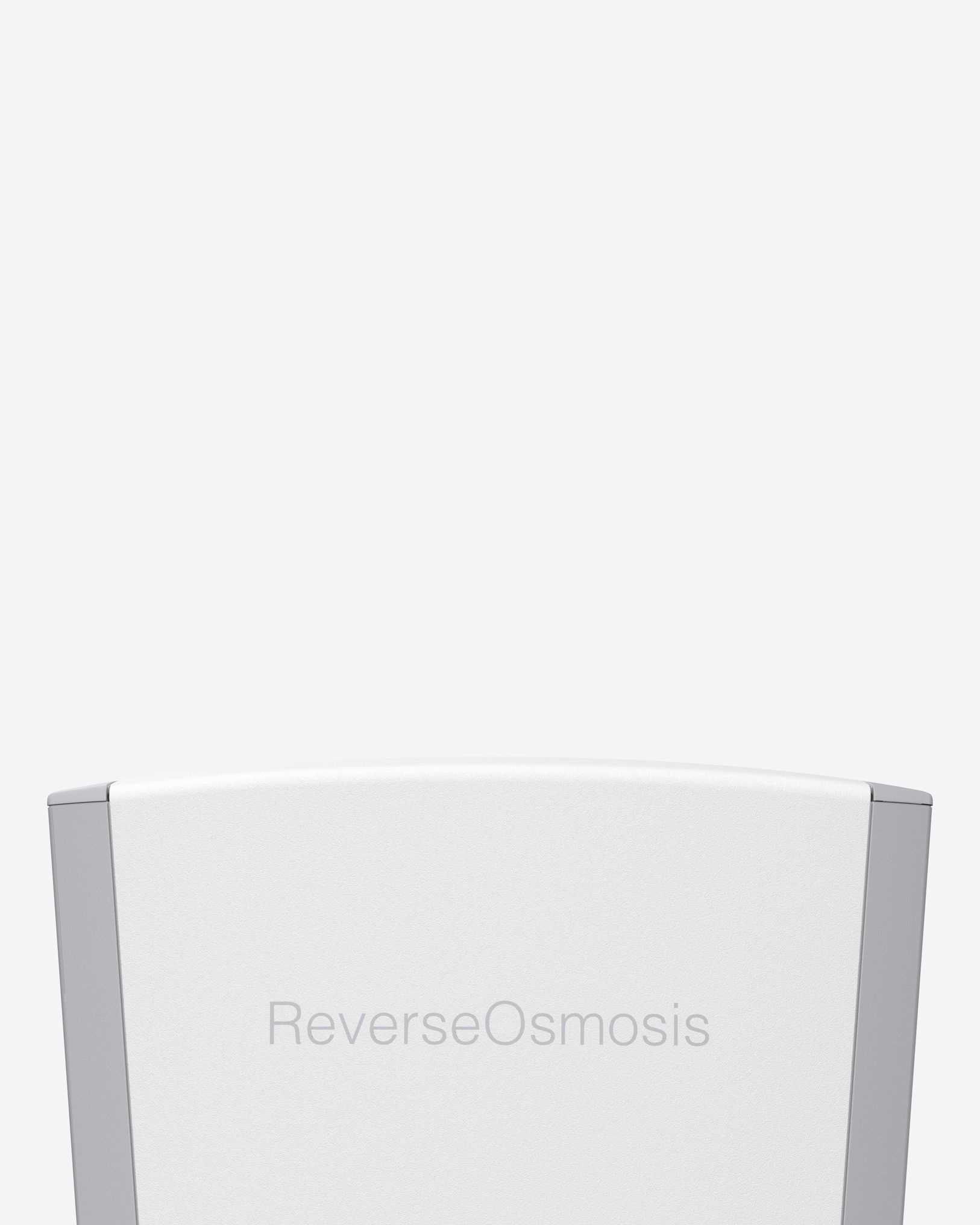What are Trihalomethanes (THMs) in Tap Water?
Trihalomethanes (THMs) are chemical compounds that form when chlorine, used to disinfect drinking water, reacts with natural organic matter. These compounds include chloroform, bromodichloromethane, dibromochloromethane, and bromoform. THMs are a group of volatile organic compounds (VOCs) and are considered byproducts of water disinfection processes.

Why Should We Be Concerned About THMs?
Long-term exposure to high levels of THMs can pose health risks. Studies have linked these compounds to an increased risk of cancer and other adverse health effects such as liver, kidney, and central nervous system problems. The World Health Organization (WHO) and the Environmental Protection Agency (EPA) have set guidelines and regulations to limit the concentration of THMs in drinking water to protect public health.
How Do THMs Get Into Our Drinking Water?
THMs form during the chlorination process, which is commonly used by water treatment plants to kill pathogens. Chlorine reacts with naturally occurring organic materials like leaves, algae, and other decaying vegetation found in surface water sources, leading to the formation of THMs.
How Can We Reduce THMs in Tap Water?
- Source Protection: Reducing the amount of organic material that enters water sources can lower the formation of THMs.
- Alternative Disinfectants: Using disinfectants like ozone, UV light, or chloramines instead of chlorine can reduce THM formation.
- Advanced Filtration Systems: Home filtration systems, such as activated carbon filters, can effectively remove THMs from tap water.
A Solution to THMs: Bluewater Kitchen Station 1™
Bluewater’s Kitchen Station 1™ offers a powerful solution to address THMs and other contaminants in tap water. Here’s how it works:
SuperiorOsmosis™ Technology
- Advanced Filtration: Kitchen Station 1™ uses SuperiorOsmosis™ technology, which purifies water by removing up to 99.7% of contaminants, including THMs.
- Comprehensive Purification: The system involves multiple filtration stages, ensuring that even the smallest contaminants are effectively removed. This includes sediment filters, carbon filters, and a reverse osmosis membrane.
Mineralization
- Balanced Mineral Content: After purification, Kitchen Station 1™ reintroduces essential minerals like calcium and magnesium. This not only improves the taste but also ensures that the water contributes to overall health and wellness.
Economic and Environmental Benefits
- Cost Savings: By producing purified, mineralized water at home, users save money that would otherwise be spent on bottled water.
- Environmental Impact: Reduces plastic waste and minimizes the carbon footprint associated with transporting bottled water. This promotes a more sustainable lifestyle.
Conclusion
THMs in tap water are a significant concern due to their potential health risks. The Kitchen Station 1™ provides an effective solution to this problem by removing THMs and other contaminants through advanced purification technologies. Additionally, it enhances the water with essential minerals, ensuring that the water is not only safe but also beneficial to health. Investing in Kitchen Station 1™ is a step towards ensuring clean, healthy drinking water for you and your family.
For more information about the Kitchen Station 1™ and other Bluewater products, visit our website or contact us at sales@bluewatergroup.com.


